Câu hỏi:
Read the following passage about How Failures Led to Breakthroughs and mark the letter A, B, C or D on your answer sheet to indicate the best answer to each of the following questions from 23 to 30.
Many important discoveries happened because of mistakes and unexpected accidents. Alexander Fleming found penicillin when he left his laboratory messy before going on holiday. After vacation, he saw mold growing on his experiment plate. Fleming noticed this mold killed bacteria around it very effectively. This fortunate accident later saved millions of lives around the world. Scientists call finding valuable things by chance "serendipity," which happens often in research.
The Post-it Note began as a mistake that seemed useless at first. In 1968, Spencer Silver tried making a strong glue for 3M company but created a weak one instead that didn't stick permanently. Nobody knew what to do with this disappointing result for several years. Then his colleague Arthur Fry realized this "failure" could make perfect bookmarks that wouldn't damage pages when removed. This weak adhesive eventually became one of the most popular office products worldwide, changing how people work.
In cooking, many favorite foods came from kitchen errors and quick substitutions. Ruth Wakefield invented chocolate chip cookies when she ran out of baker's chocolate and used broken pieces of semi-sweet chocolate instead. She thought they would melt completely in the dough, but they kept their shape during baking. Potato chips were created when chef George Crum made extremely thin potatoes to annoy a customer who repeatedly complained about thick fries. Surprisingly, the customer loved them and ordered more!
These fascinating stories teach us that mistakes can lead to new opportunities and unexpected innovations. Thomas Edison said about his many failed light bulb attempts, "I haven't failed. I've just found 10,000 ways that don't work." This positive attitude shows we should see errors as valuable learning chances. Smart people don't fear making mistakes in their work; they fear missing opportunities to learn from them and discover something amazing.
The word “fortunate” in paragraph 1 is OPPOSITE in meaning to _________.
Đáp án đúng: A
Giải Thích: Từ “fortunate” ở đoạn 1 trái nghĩa với _________.
A. deliberate. Đáp án đúng. "Deliberate" có nghĩa là cố ý, có chủ đích, trái ngược hoàn toàn với "fortunate", vốn có nghĩa là tình cờ, may mắn. Một sự tình cờ may mắn không phải là kết quả của sự cố ý, nên "deliberate" là từ trái nghĩa với "fortunate".
B. detrimental. Đáp án này sai. "Detrimental" có nghĩa là có hại, không phải là từ đối nghĩa của "fortunate". Trong khi "fortunate" mang nghĩa tích cực, "detrimental" lại mang nghĩa tiêu cực, nhưng chúng không phải là đối nghĩa trực tiếp với nhau.
C. calamitous. Đáp án này sai. "Calamitous" có nghĩa là tai họa hoặc thảm khốc, cũng không phải là từ đối nghĩa với "fortunate". Tuy nhiên, nó có thể được coi là một từ mang nghĩa xấu, nhưng "deliberate" mới là từ đối nghĩa chính xác nhất với "fortunate".
D. insignificant. Đáp án này sai. "Insignificant" có nghĩa là không quan trọng, không có ý nghĩa, và không phải là đối nghĩa với "fortunate" trong bối cảnh này.
Câu hỏi này thuộc đề thi trắc nghiệm dưới đây, bấm vào Bắt đầu thi để làm toàn bài
Bộ đề thi giúp học sinh lớp 12 làm quen với cấu trúc và nội dung đề thi tốt nghiệp THPT môn Tiếng Anh năm 2025. Đề thi được xây dựng theo định hướng của Bộ GD ĐT, bao gồm các phần Ngữ âm, Từ vựng - Ngữ pháp, Chức năng giao tiếp, Kỹ năng đọc hiểu, Kỹ năng viết và Phát âm - Trọng âm. Hệ thống câu hỏi đa dạng, bám sát chương trình học, giúp học sinh rèn luyện kỹ năng làm bài và nâng cao tư duy ngôn ngữ. Đáp án chi tiết đi kèm hỗ trợ học sinh tự ôn tập, đánh giá năng lực và chuẩn bị tốt nhất cho kỳ thi quan trọng.
Câu hỏi liên quan
Giải Thích: Từ “permanently” ở đoạn 2 có thể được thay thế tốt nhất bằng _________.
A. forcefully. Đáp án này sai. "Forcefully" có nghĩa là mạnh mẽ, quyết liệt, không liên quan đến ý nghĩa của "permanently". "Permanently" ở đây mang ý nghĩa là lâu dài hoặc vĩnh viễn.
B. quickly. Đáp án này sai. "Quickly" có nghĩa là nhanh chóng, trong khi "permanently" lại có nghĩa là kéo dài mãi mãi, không thay đổi trong thời gian dài.
C. lastingly. Đáp án đúng. "Lastingly" có nghĩa là kéo dài lâu dài hoặc vĩnh viễn, gần với ý nghĩa của "permanently". Đây là từ phù hợp nhất với ngữ cảnh trong đoạn văn.
D. completely. Đáp án này sai. "Completely" có nghĩa là hoàn toàn, nhưng nó không hoàn toàn phù hợp với ý nghĩa của "permanently", vốn nói về sự bền lâu hoặc không thay đổi.
Giải Thích: Từ “their” ở đoạn 3 đề cập đến _________.
D. The broken pieces of semi-sweet chocolate. Đáp án đúng. "Their" trong câu "They kept their shape during baking" ám chỉ mảnh chocolate bán ngọt, vì chúng giữ nguyên hình dạng trong khi nướng.
Giải Thích: Câu nào sau đây diễn giải lại câu được gạch chân trong đoạn 4 hay nhất?
A. These compelling examples demonstrate how errors can transform into positive discoveries and unforeseen creative breakthroughs. Đáp án đúng. Câu này là một cách diễn giải chính xác nhất của câu gốc trong đoạn văn, khi nhấn mạnh rằng sai lầm có thể dẫn đến những phát hiện và sáng tạo bất ngờ. Đây là thông điệp chủ yếu của đoạn văn.
B. These interesting narratives illustrate that careful planning always results in successful outcomes and strategic developments. Đáp án này sai. Câu này nói về kế hoạch có chủ đích, trong khi đoạn văn đề cập đến sự ngẫu nhiên và những phát hiện tình cờ từ sai lầm, không phải kết quả của kế hoạch cẩn thận.
C. These historical anecdotes prove that scientific research requires deliberate methods to achieve revolutionary technological advances. Đáp án này sai. Câu này ám chỉ việc nghiên cứu khoa học cần phương pháp có chủ đích để đạt được tiến bộ công nghệ, nhưng đoạn văn thực tế nhấn mạnh sự ngẫu nhiên và những khám phá từ sai lầm.
D. These remarkable accounts suggest that random accidents should be avoided to ensure consistent progress in professional endeavors. Đáp án này sai. Đoạn văn không cho rằng tai nạn ngẫu nhiên nên tránh, mà ngược lại, nó cho thấy những tai nạn ngẫu nhiên có thể dẫn đến phát minh quan trọng.
Giải Thích: Theo đoạn văn, câu nào sau đây là ĐÚNG?
A. Spencer Silver deliberately created a weak adhesive to develop bookmarks that could be easily removed from pages without damage. Đáp án sai. Spencer Silver không cố tình tạo ra một loại keo yếu để phát triển sách đánh dấu. Thực tế, ông đã thử tạo ra một loại keo mạnh, nhưng kết quả là keo yếu và không dính vĩnh viễn. Sau đó, người đồng nghiệp của ông, Arthur Fry, nhận ra rằng keo này có thể sử dụng để tạo ra Post-it Notes.
B. Thomas Edison considered his repeated light bulb failures as evidence that innovation requires avoiding mistakes at all costs. Đáp án sai. Câu này không đúng với quan điểm của Thomas Edison trong bài viết. Edison không coi những thất bại của mình là một bằng chứng cho việc tránh sai lầm. Ngược lại, ông nói rằng những thất bại đó là cơ hội học hỏi, ông đã thử nghiệm hàng nghìn lần và học được từ những cách không hiệu quả.
C. Alexander Fleming was actively searching for antibacterial compounds when he discovered that mold could destroy bacteria colonies. Đáp án sai. Alexander Fleming không tìm kiếm hợp chất kháng khuẩn khi phát hiện ra Penicillin. Thực tế, ông đã phát hiện ra Penicillin một cách tình cờ khi rời phòng thí nghiệm và thấy nấm mốc mọc lên trên đĩa thí nghiệm, tiêu diệt vi khuẩn xung quanh.
D. Ruth Wakefield used broken pieces of semi-sweet chocolate when she ran out of baker's chocolate, creating chocolate chip cookies. Đáp án đúng. Ruth Wakefield đã sử dụng mảnh chocolate bán ngọt thay cho chocolate nướng khi bà hết chocolate nướng, và kết quả là chocolate chip cookies ra đời. Điều này được đề cập rõ ràng trong đoạn văn thứ ba.
Giải Thích: Trong đoạn văn nào, tác giả đề cập đến một nỗ lực không thành công trong việc tạo ra keo dán chắc chắn dẫn đến một sản phẩm hữu ích?
B. Paragraph 2. Đáp án đúng. Trong đoạn văn thứ hai, Spencer Silver đã thử tạo ra một loại keo mạnh, nhưng thay vào đó, ông đã tạo ra một loại keo yếu. Tuy nhiên, loại keo này sau đó được phát triển thành Post-it Notes, một sản phẩm rất thành công. Đây là câu chuyện về một thử nghiệm thất bại dẫn đến một sản phẩm hữu ích.
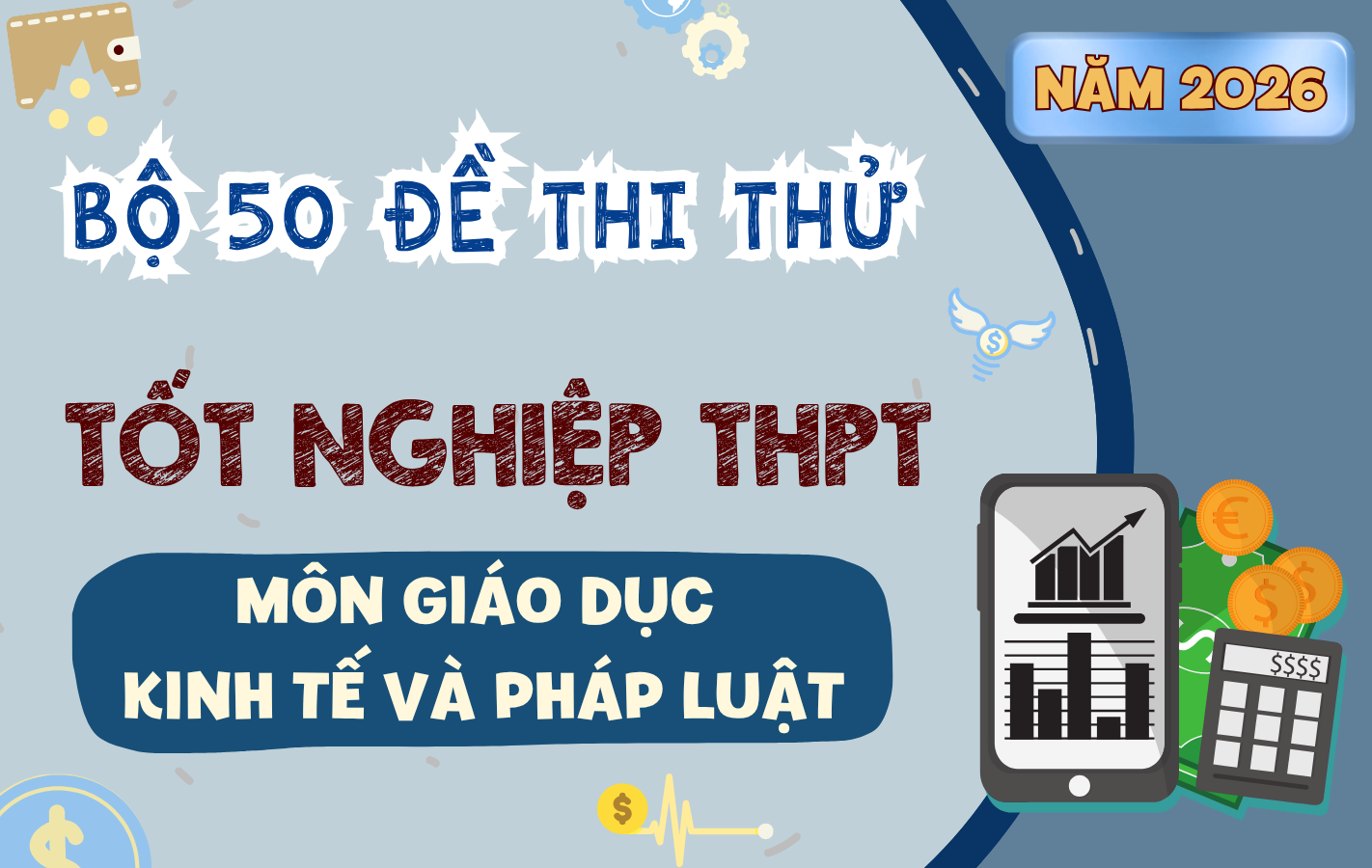
Bộ 50 Đề Thi Thử Tốt Nghiệp THPT Giáo Dục Kinh Tế Và Pháp Luật Năm 2026 – Theo Cấu Trúc Đề Minh Họa Bộ GD&ĐT
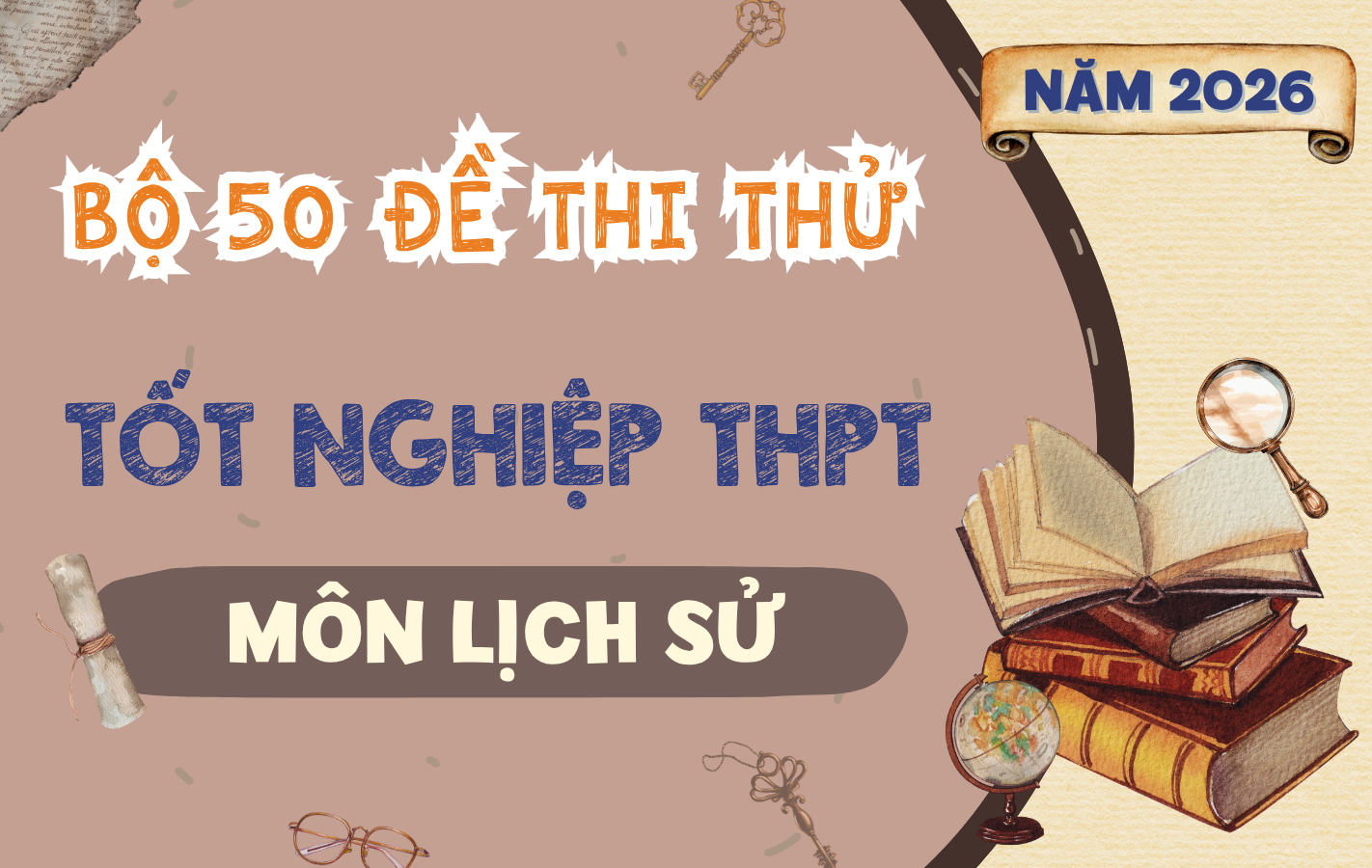
Bộ 50 Đề Thi Thử Tốt Nghiệp THPT Lịch Sử Học Năm 2026 – Theo Cấu Trúc Đề Minh Họa Bộ GD&ĐT

Bộ 50 Đề Thi Thử Tốt Nghiệp THPT Công Nghệ Năm 2026 – Theo Cấu Trúc Đề Minh Họa Bộ GD&ĐT
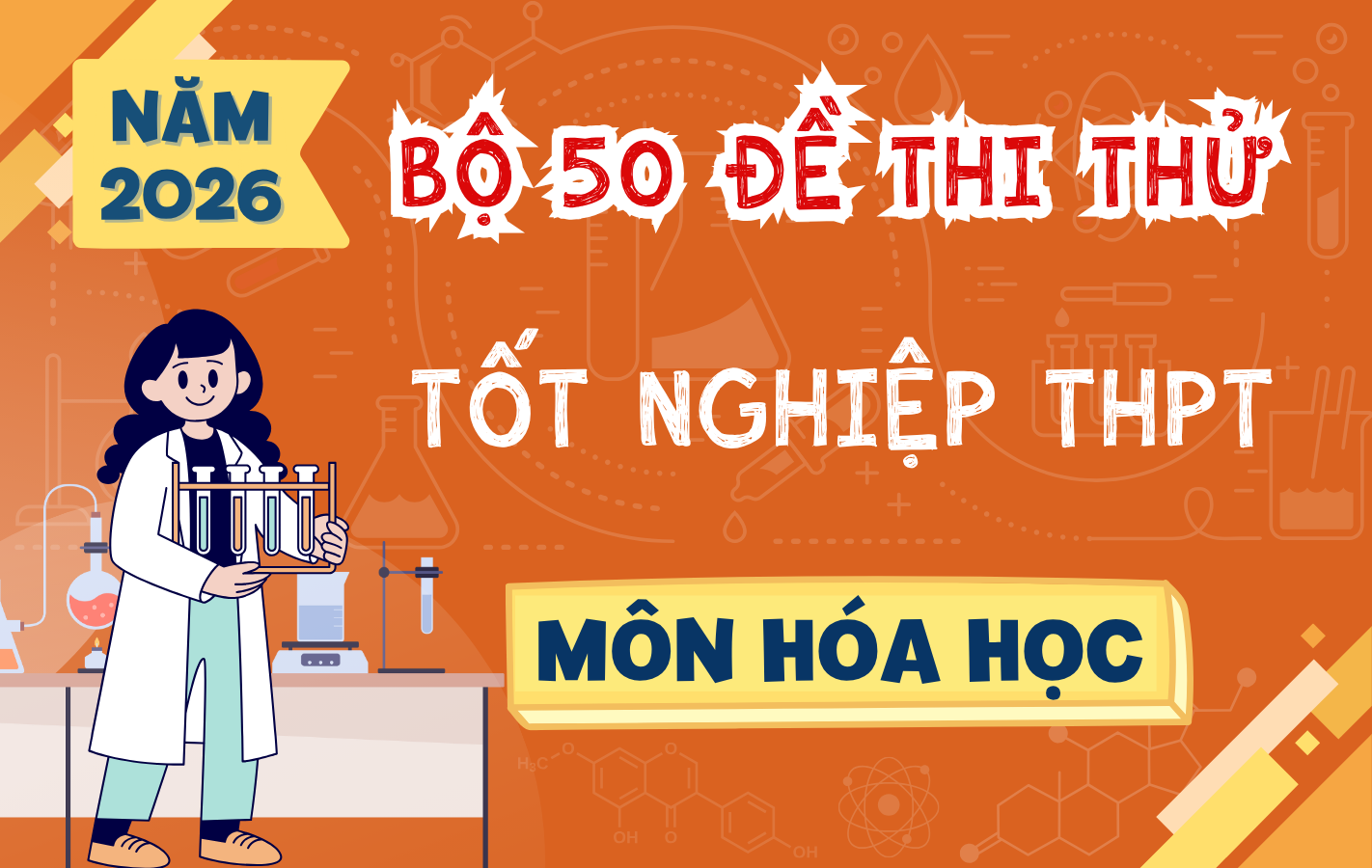
Bộ 50 Đề Thi Thử Tốt Nghiệp THPT Môn Hóa Học Năm 2026 – Theo Cấu Trúc Đề Minh Họa Bộ GD&ĐT
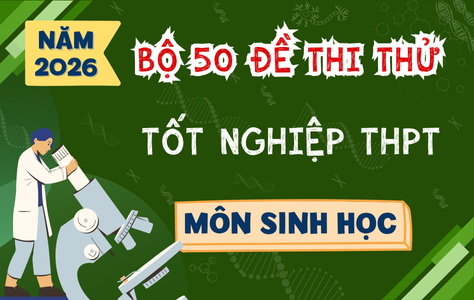
Bộ 50 Đề Thi Thử Tốt Nghiệp THPT Môn Sinh Học Năm 2026 – Theo Cấu Trúc Đề Minh Họa Bộ GD&ĐT
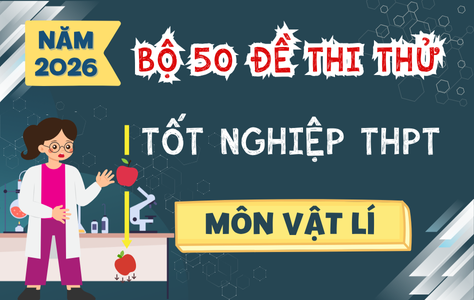
Bộ 50 Đề Thi Thử Tốt Nghiệp THPT Môn Vật Lí Năm 2026 – Theo Cấu Trúc Đề Minh Họa Bộ GD&ĐT
ĐĂNG KÝ GÓI THI VIP
- Truy cập hơn 100K đề thi thử và chính thức các năm
- 2M câu hỏi theo các mức độ: Nhận biết – Thông hiểu – Vận dụng
- Học nhanh với 10K Flashcard Tiếng Anh theo bộ sách và chủ đề
- Đầy đủ: Mầm non – Phổ thông (K12) – Đại học – Người đi làm
- Tải toàn bộ tài liệu trên TaiLieu.VN
- Loại bỏ quảng cáo để tăng khả năng tập trung ôn luyện
- Tặng 15 ngày khi đăng ký gói 3 tháng, 30 ngày với gói 6 tháng và 60 ngày với gói 12 tháng.